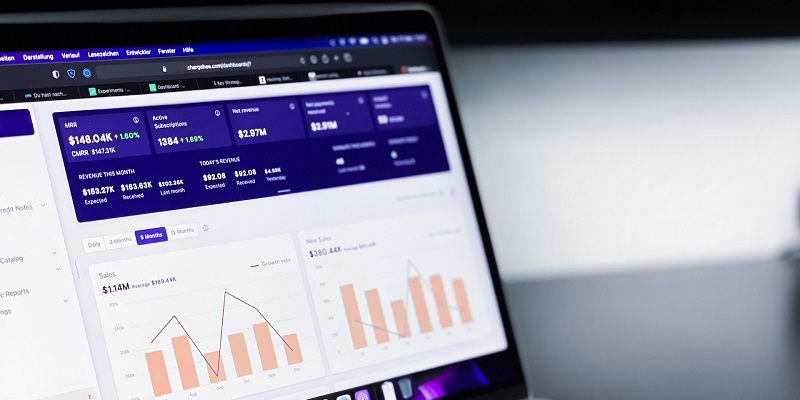Salesforce’s Tableau, a leading business intelligence platform, is making waves with its introduction of generative AI features. As companies increasingly rely on deep data insights to make better business decisions, Tableau’s new features provide an innovative way of interacting with data and automating decision-making.
Tableau’s GPT Engine and Its Use Cases
Tableau’s GPT engine, built on the company’s proprietary Einstein GPT AI engine, is the centerpiece of Tableau’s generative AI features. This engine introduces a number of exciting use cases. For example, analyzing data feels more like a conversation via a chatbot, as opposed to the traditional drag-and-drop approach. The engine also offers more accurate and faster data predictions.
Acquisition of Narrative Science for Natural Language Generation
In addition to its GPT engine, Tableau’s acquisition of Narrative Science, a natural language generation solution for analytics, enhances its generative AI capabilities. This acquisition enables Tableau to offer a more human-like experience to data analytics, eliminating the need for expert analysis.
Data Security and Governance Layer for Tableau GPT
The integration of generative AI into business intelligence comes with concerns about data privacy and security. Tableau addresses this concern with the addition of a data security and governance layer for its GPT engine. This layer protects enterprise data from internal and external data leaks or unauthorized access. As a result, users who are afraid that their prompts will be used to retrain LLMs can safeguard their data.
Proactive Analytics with Tableau Pulse
Tableau Pulse offers proactive analytics where it identifies the goals that enterprises are trying to achieve with their data and helps them reach those goals. It is an AI-driven solution that assists businesses in making faster and more informed decisions.
Tableau’s GPT for automating decision making
Tableau’s GPT engine enables the automation of decision-making in a way that was previously impossible. With GPT, businesses can automate routine decision-making processes based on personalized metrics, leading to faster and more informed decisions.
Unification of Data for Analytics with Tableau’s Data Cloud
Data Cloud for Tableau unifies enterprise data for analytics, providing a single source of truth for business intelligence. This integration enables Tableau to provide seamless data sharing capabilities across organizations, leading to more consistent data and better-informed decisions.
Competition with Qlik, Tibco, IBM, Oracle, and SAP
The unification of Data Cloud and Tableau’s generative AI capabilities puts Tableau in direct competition with the likes of Qlik, Tibco, IBM, Oracle, and SAP. However, Tableau’s innovative solutions and user-friendly interfaces give it an edge over traditional BI tools.
Tableau’s introduction of generative AI to business intelligence marks an exciting new chapter in data analytics. With its GPT engine, Narrative Science acquisition, and data security and governance layers, Tableau is positioned to provide cutting-edge solutions to businesses looking to gain deeper insights from their data. And with Tableau Pulse and Data Cloud for Tableau, the platform empowers businesses to make faster and more informed decisions.

